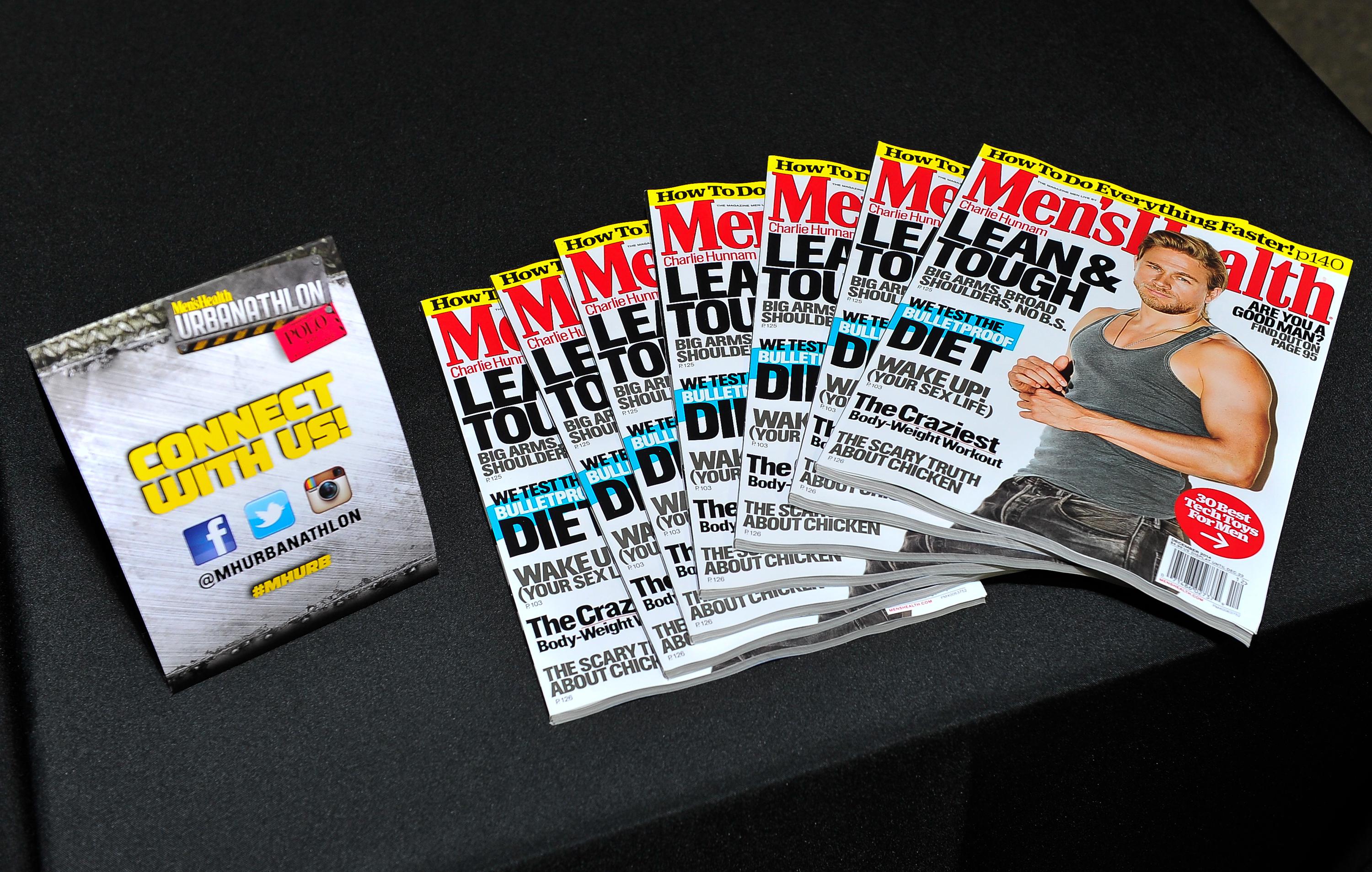Men’s magazines have long been home to some of the most sexist attitudes about women. But a recent exchange between men’s magazine writer Tauriq Moosa and the South African edition of Men’s Health magazine suggests a bit of good news.
As Moosa recounts at his blog, he recently wrote a piece for Men’s Health about why men should care about everyday sexism. His friends hassled him for it, arguing that Men’s Health wades into “lad mag” territory too often. Moosa agreed with some of their complaints and shared one example on Twitter, an article about how to get a woman’s number that treats women’s willingness to engage in social niceties as a weakness to be exploited.
The issue here, as Moosa’s highlighting demonstrates, is not advising men to say “hi.” That’s fine. It’s framing a tossed off “hello” as a way to get one over on a woman, a trick to lure her into an encounter.
But the Men’s Health response is pretty promising:
PUA stands for “pickup artist,” a community of men who coach one another on techniques to get women into bed. Men’s Health followed up by tweeting, “In fact we’d like to purge our archives totally of the PUA taint. Dating advice is fine. Manipulation is not.”
That’s exactly it: The issue is not about giving men advice on meeting women, but about treating women like they’re obstacles to be overcome, through tricks and bullying, if necessary. Not only does that advice sow needless antagonism, but it’s also dangerous. If you teach men to push women’s boundaries—to “pressure” them—some men are going to take that advice past irritating women in bars toward actual sexual assault.
If Men’s Health actually does “purge” its dating advice of “PUA taint,” that isn’t just good for women. It’s also good for men. Coaching men to see women as the enemy to the point where even a simple “hi” is dripping with hostile intent is not exactly the best way to get women to like them, as the growing online genre of women laughing at angry dudes messaging them on dating websites amply demonstrates. It’s time to change it up and try seeing what treating women like potential friends instead of enemies to be conquered will get you.
It’s probably also good business for men’s magazines. As the downfall of Maxim in recent years shows, misogyny is not selling as well these days. GQ’s recent editorial direction, for instance, suggests that the magazine senses its readers are more interested in stories that help them better relate to women instead of dominating them. Sure, the magazine still has plenty of heavily Photoshopped photos of half-naked female celebrities, but recent articles have discouraged benevolent sexism, praised women’s artistry, and encouraged men to be respectful of a woman’s right to choose how to handle unintended pregnancy. This is an promising new direction for men’s magazines, and the smarter ones will continue down this path.
